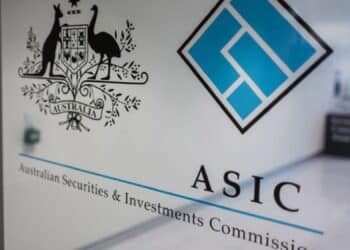The Federal Government may have to treat the current Australian Securities and Investments Commission (ASIC) affordable advice review as just a precursor to a broader, independent review of the legislative and regulatory environment covering financial planning.
And, in part, that is because ASIC is arguably a stakeholder in the process rather than an objective, independent party.
As industry submissions continued to flow into ASIC review this week, Association of Financial Advisers (AFA) general manager, policy and professionalism, Phil Anderson said he believed that the ASIC review “could only achieve so much”.
“Taking the lead and trying to fix many of the issues raised in terms of legislation and regulation will require much, much more,” he said.
Anderson’s sentiments were echoed by former dealer group chief executive, Paul Harding-Davis who said he believed that while the ASIC review would likely succeed in identifying many of the key issues driving up costs in the financial planning arena, ASIC would struggle to objectively suggest to remedies to the Government.
A common theme emerging across all of the submissions so far filed with the ASIC review has been the time and costs associated with regulatory compliance, with both Harding-Davis and Anderson agreeing that this reflected the manner in which layers of regulation had been imposed on the industry over the past two decades.
Harding-Davis said that layers had evolved starting with the original Financial Systems Review (FSR), moving through the Future of Financial Advice (FoFA) changes and into the Government’s more recent legislative initiatives with little having been done to consolidate and simplify the situation.
This, in turn, had imposed significant responsibilities on licensees who had responded by implementing rigorous compliance regimes.
The result had been that senior compliance personnel were often amongst the highest-paid people in the industry, with a senior compliance office able to demand as much as $250,000 a year.





